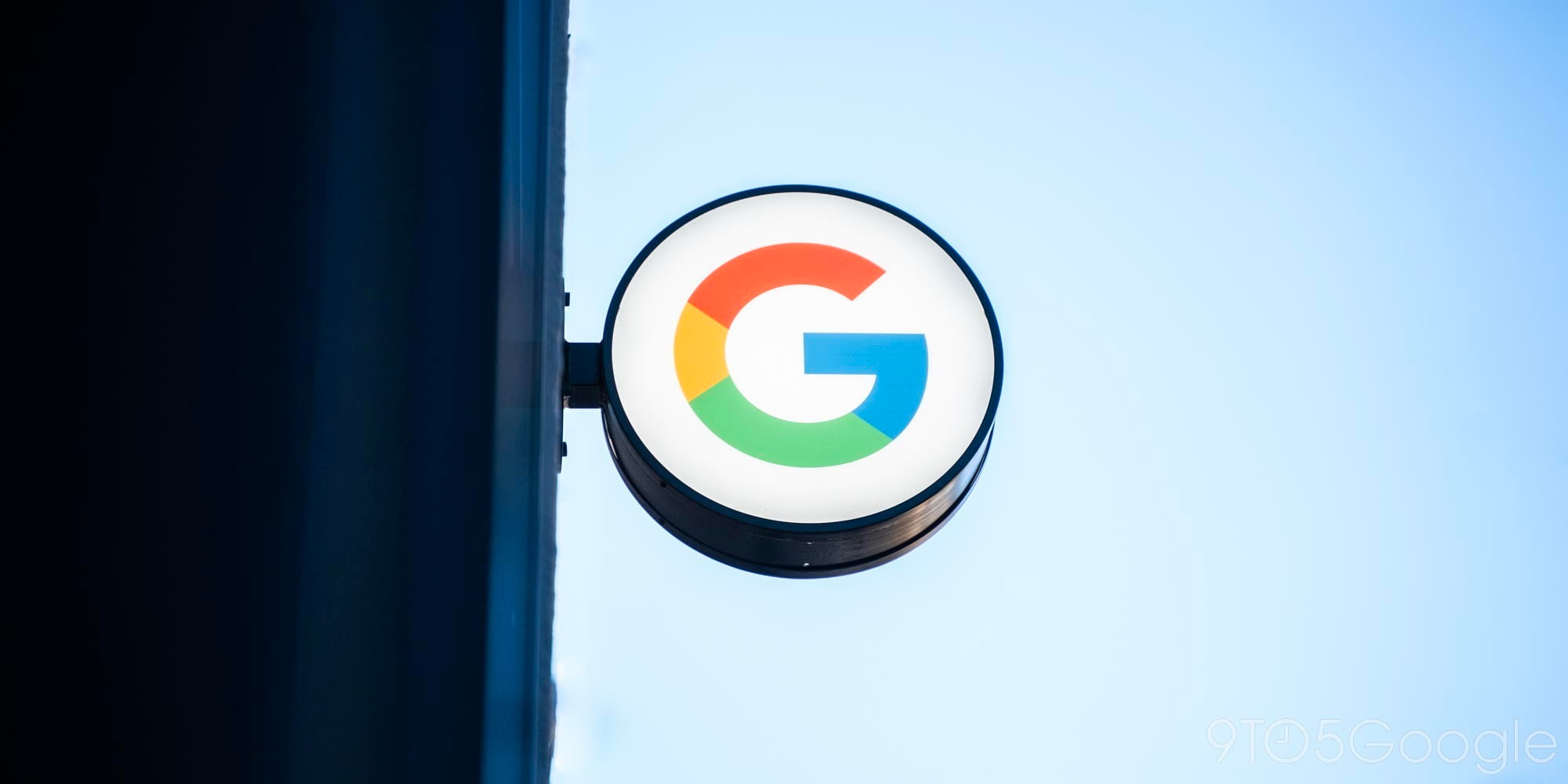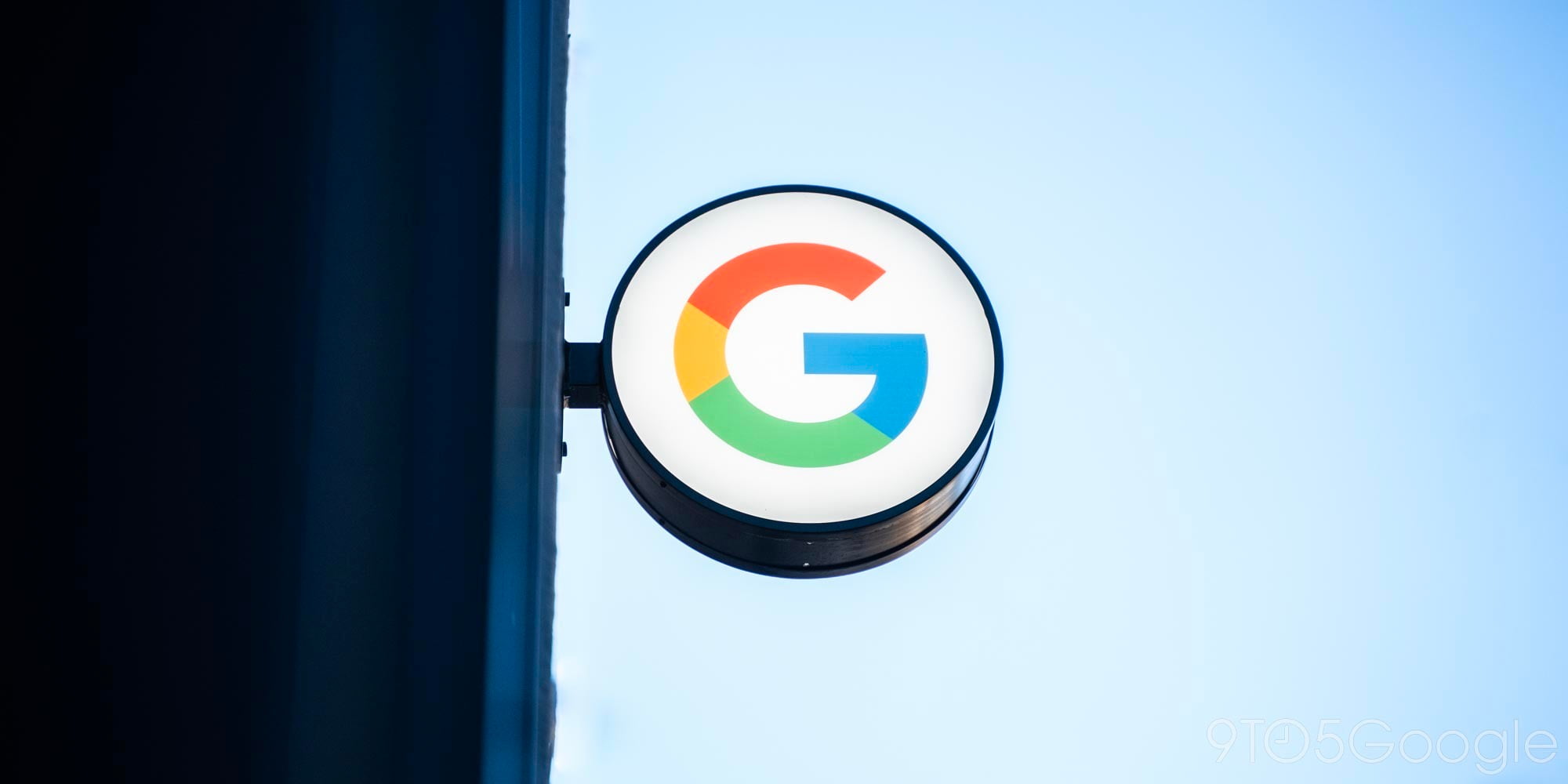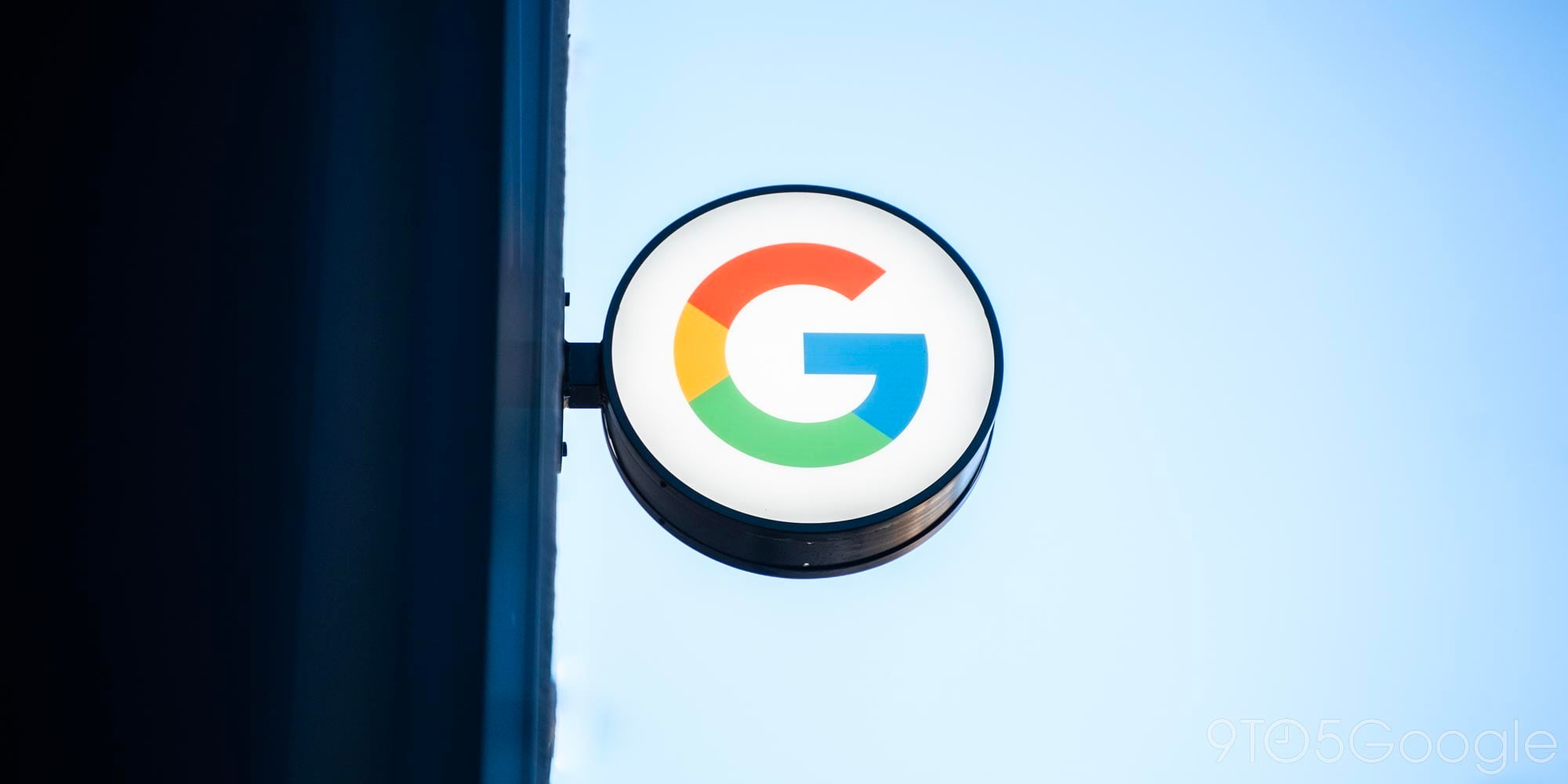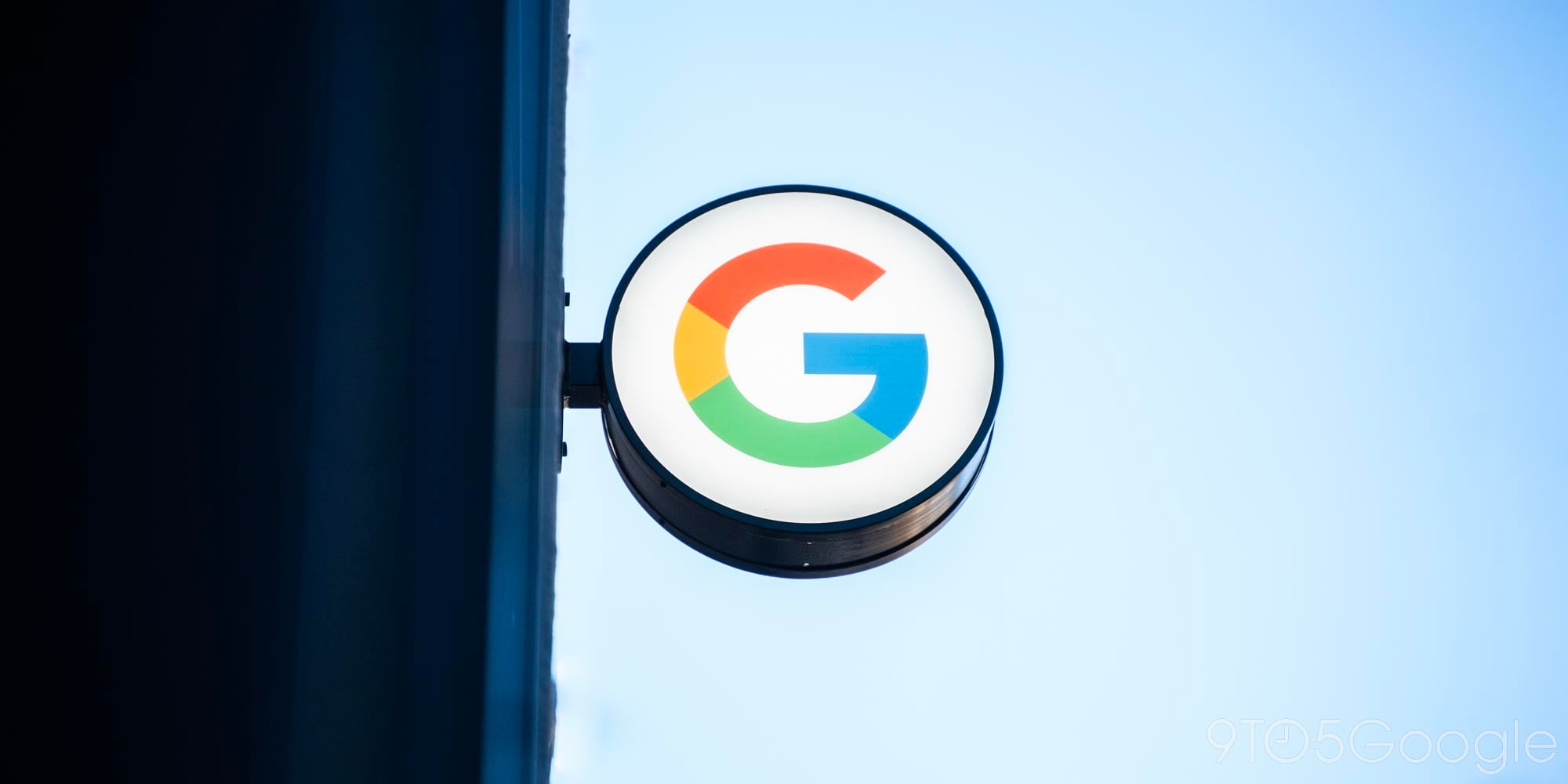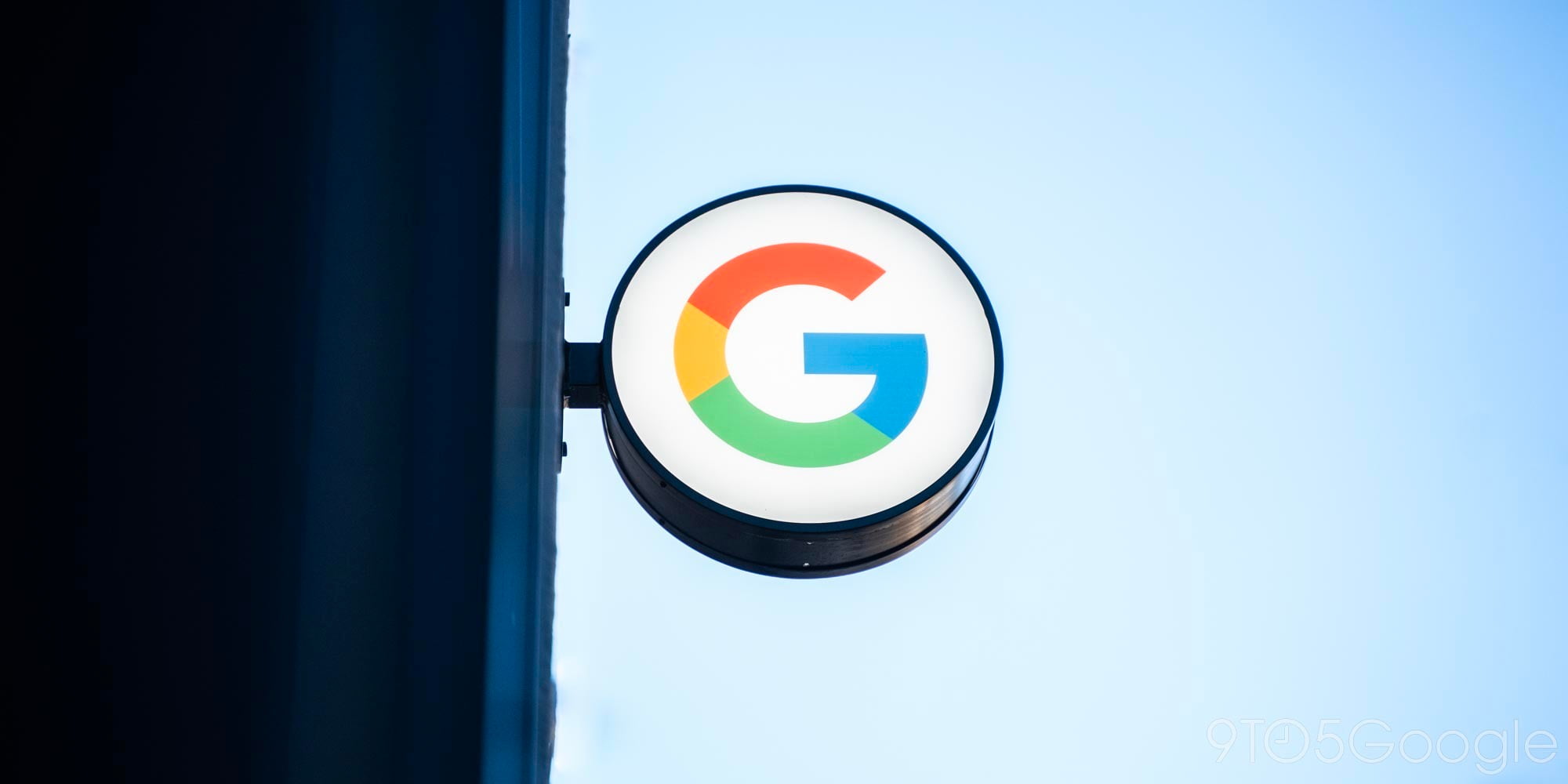
Bloomberg published a nice read this morning following a tour of Google’s secretive X lab and a chat with some of the employees that work there. In the story Bloomberg talks Google Glass development, driverless cars, and lesser known X projects, speaks with Mary Lou Jepsen who heads up the Google X Display Division, and provides some insight into how the whole thing got started.
Some of the real projects in Google X sound almost as outlandish. Makani Power’s newest airborne turbine prototype, called Wing 7, is a 26-foot-long carbon-fiber contraption with four electricity-generating propellers that flies in circles at altitudes of 800 to 2,000 feet, sending power down a lightweight tether to a base station. “If we’re successful, we can get rid of a huge part of the fossil fuels we use,” says Damon Vander Lind, the startup’s chief engineer. Vander Lind acknowledges it might not work, but: “If you don’t take that chance, and put a decade of your life trying to do it, no progress will get made.”
Then there’s X’s still-secret project to bring Internet access to undeveloped parts of the world. A decade ago, David Grace, a senior research fellow at the University of York, spearheaded a project to mount broadband transmitters on high-altitude balloons, as part of a multicountry initiative backed by the European Commission, called the Capanina Consortium. The initiative never progressed beyond the experimental stage. Grace now says that he has heard that Google is working on such balloon-based broadband technology.
